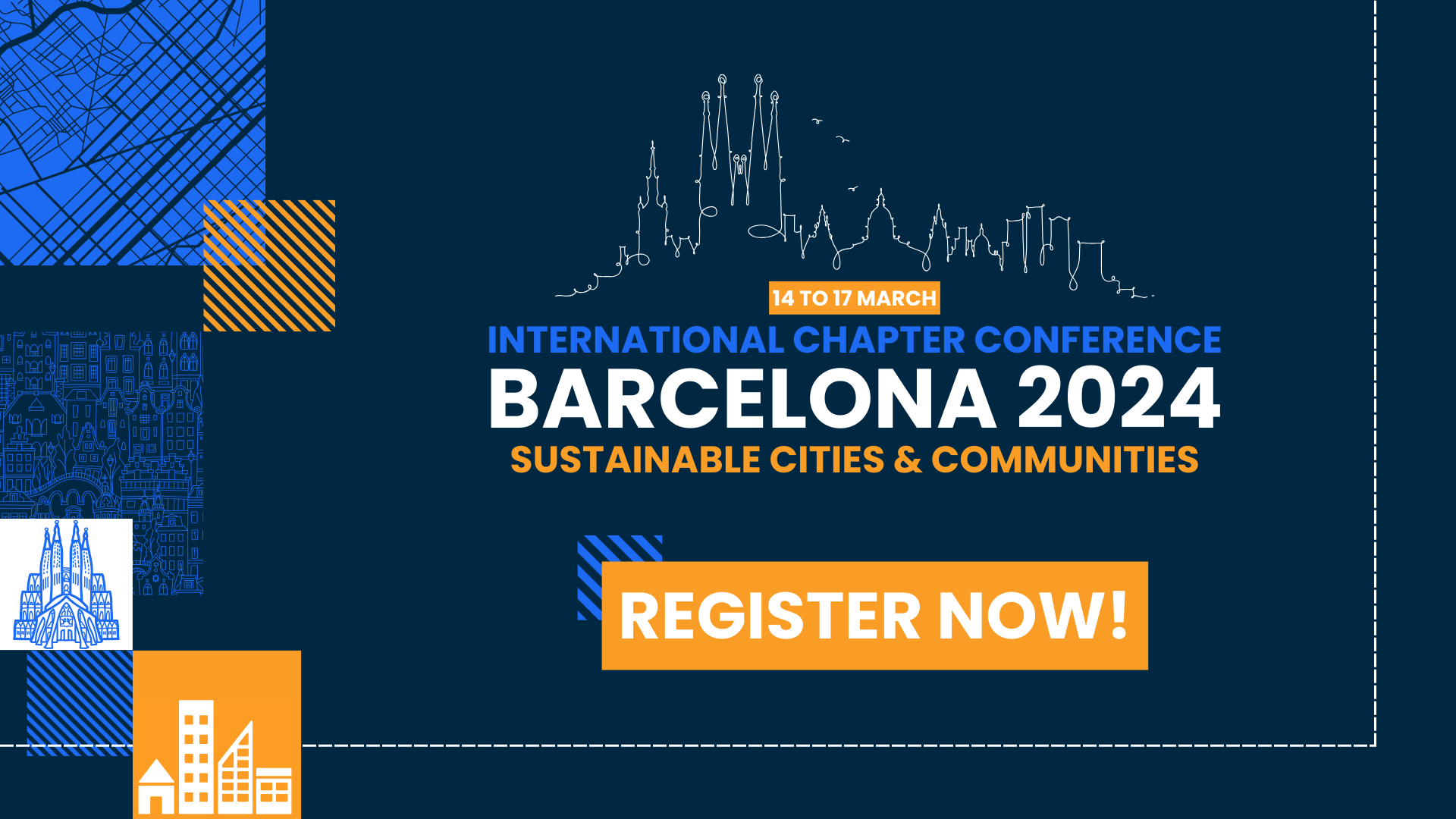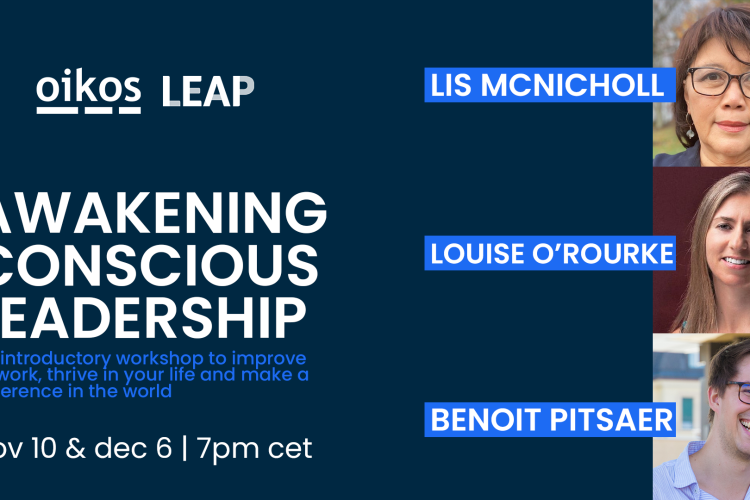oikos Young Scholars Energy Academy 2014
Overcoming Path Dependence in Energy Investment, Policy & Decision-Making
St. Gallen, Switzerland, 7-10 April 2014
Call for papers for the oikos Young Scholars Energy Academy is out – apply now! Deadline is January 31st. Don’t miss it! All details here



